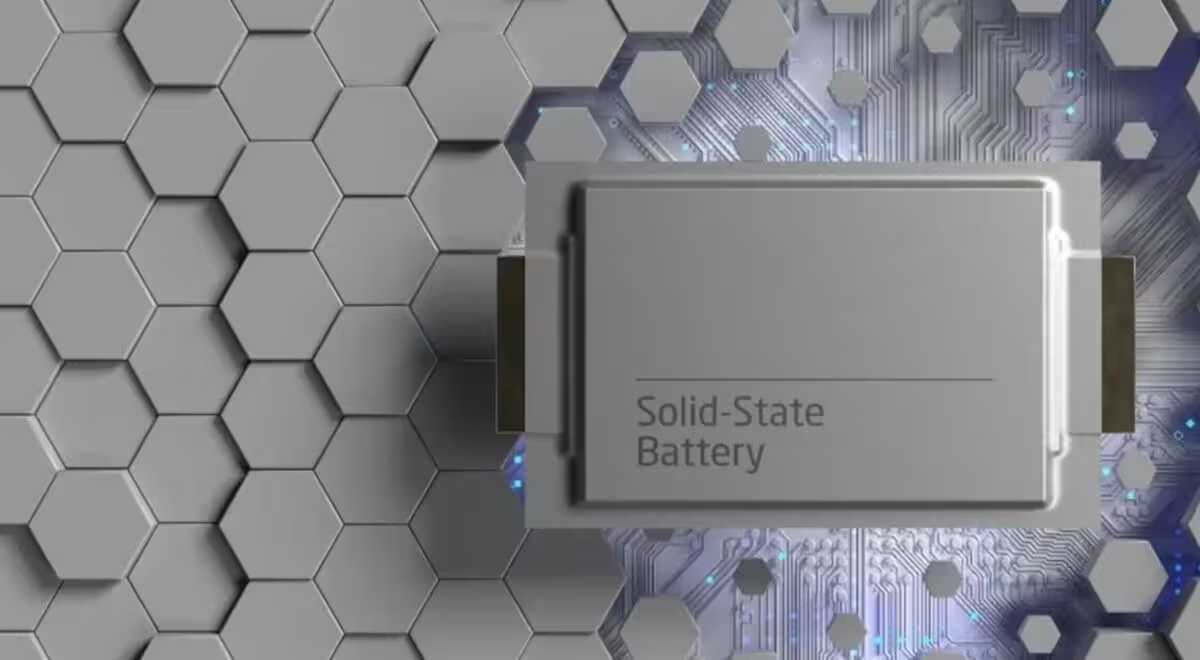3 Minutes
A production push for semi-solid-state batteries
BASF Shanshan Battery Materials (BSBM) and Chinese cell maker Welion have reached an important supply-chain milestone in the development of semi-solid-state batteries. In a collaboration that began in August 2024, BSBM has delivered the first commercial batch of cathode active materials (CAM) engineered for semi-solid architectures, marking a shift from lab prototypes toward industrial-scale manufacturing.
Product features: what’s new in the CAM
Advanced cathode chemistry
The new CAM blends ultra-high nickel content with a composite surface coating designed to stabilise the interface between cathodes and solid electrolytes. That combination targets three critical cell-level metrics: higher energy density, lower internal resistance, and improved cycle life—key attributes for EV range and long-term battery reliability.
Compatibility and scalability
Because the material is tailored for semi-solid-state pack designs, it supports existing cell assembly methods more easily than pure solid-state components, helping shorten the path to volume production.
Advantages and comparisons
Semi-solid-state batteries are being positioned as a pragmatic bridge between today’s lithium-ion technology and eventual full solid-state cells. Compared with conventional lithium-ion packs, semi-solid designs typically offer enhanced safety and better mechanical stability. Compared to full solid-state, they are easier to scale and integrate into current manufacturing lines—potentially reducing time-to-market while still improving safety and energy density.

Use cases: where semi-solid packs fit
Welion plans to incorporate these CAMs into next-generation semi-solid packs targeting several markets: electric vehicles (where extended driving range and safety are priorities), large-scale energy storage systems, and compact, high-performance applications such as drones and industrial robotics.
Market relevance and outlook
The partnership underscores the industry’s race to boost EV range and battery safety. While full solid-state batteries remain a longer-term prospect, semi-solid options are approaching commercialization. BSBM’s shipment to Welion signals that materials innovation is migrating from R&D into supply chains—an encouraging development for automakers, grid-storage providers, and component suppliers looking for near-term performance gains.
Industry voices
BSBM leadership described the delivery as a milestone for their battery materials business and a foundation for deeper collaboration. Welion’s management highlighted that the advanced CAM offers a reliable platform for advancing semi-solid pack designs into production.
Source: gizmochina


Leave a Comment